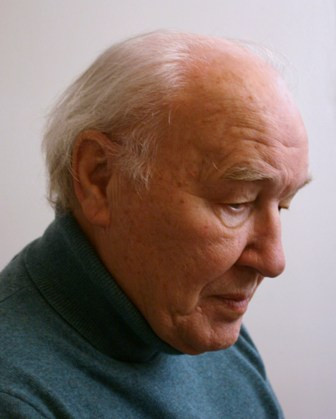Knut Wiggen
Настоящее имя: Knut Wiggen
Об исполнителе:
Norwegian composer, pianist and a pioneer in electronic music, born June 13, 1927, Buvika, Sør-Trøndelag, Norway, died September 10, 2016. He had a very large influence on Swedish experimental music during mainly the 1950s and 60s and was the chairman of Fylkingen between 1959 and 1969 and EMS director between 1964 and 1975. Initially he was trained in classical music - piano studies with Gottfrid Boon, Hans Leygraf and Robert Riefling, composition studies with Karl-Birger Blomdahl, and some music history at the Uppsala University, Sweden. His first contact with musique concrète, electronic music and composers like Pierre Schaeffer,Iannis Xenakis, Bruno Maderna, Luigi Nono and Karlheinz Stockhausen came during the early 1950's in Paris, France and Darmstadt, Germany. Inspired by these composers, and after working in Darmstadt for two years, Wiggen returned to Stockholm, Sweden. Here, as chairman of Fylkingen (1959-1969), he reformed the organization's goals and artistic activities, and moved its venue to the Modern Museum. In 1964 he began to plan, build and lead an advanced electronic music studio for the Swedish Radio: Elektronmusikstudion i Stockholm (EMS). Wiggen created a new musical instrument consisting partly of the world's first digitally-steered electronic music studio, and partly of a new composition program called MusicBox. Knut Wiggen only had time to compose 5 pieces with MusicBox at EMS: Summer Morning (1972), Etude (1972), Journey (1972, ISCM 1976), Tornado (1974) and EMS On Its Own (1975). Other early compositions are Composition For Solo Flute (1956), Quartet For Piano, Violin, Clarinet And Bassoon (1955, ISCM 1956) and pieces for instrumental theater. Among Wiggen's publications are: Att spela piano (1966), Kunsten å spille piano (1969), De två musikkulturerna (1971), Electronic Music in Sweden (together with B. E. Johnson, 1972), Den strukturerende verden (1991) and Musikkens psykiske fundament (2004).


